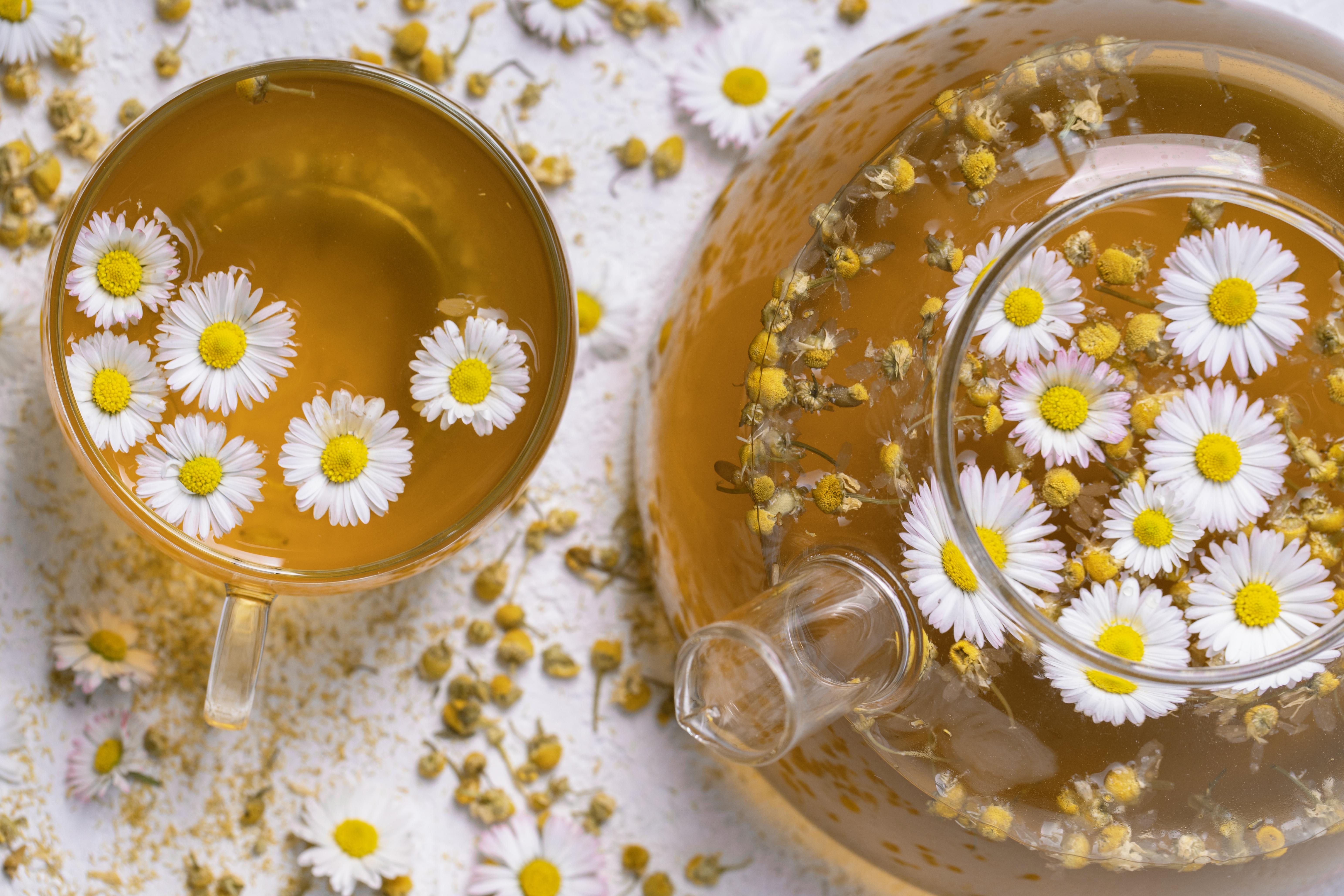Best Natural Ingredients for Better Sleep
3. The Power of a Consistent Sleep Routine
A consistent sleep routine is a cornerstone of healthy sleep hygiene. Going to bed and waking up at the same time every day helps regulate your body’s internal clock, making it easier to fall asleep and wake up naturally. This routine should include a wind-down period before bed, where activities like reading, meditating, or taking a warm bath signal to your body that it’s time to relax. Consistency reinforces your body’s circadian rhythms, enhancing the quality of your sleep. Over time, this disciplined approach can lead to more restorative rest and improved overall well-being.
4. Dietary Choices that Influence Sleep

What you eat can significantly impact your sleep quality. Foods rich in tryptophan, such as turkey, nuts, and seeds, can promote the production of serotonin, a hormone that induces sleepiness. Complex carbohydrates found in whole grains can also aid in serotonin production. Conversely, heavy meals, caffeine, and alcohol close to bedtime can disrupt sleep. Herbal teas like chamomile or valerian root are excellent choices for their calming effects. By making mindful dietary choices and timing your meals appropriately, you can create a physiological environment that supports sound sleep.
